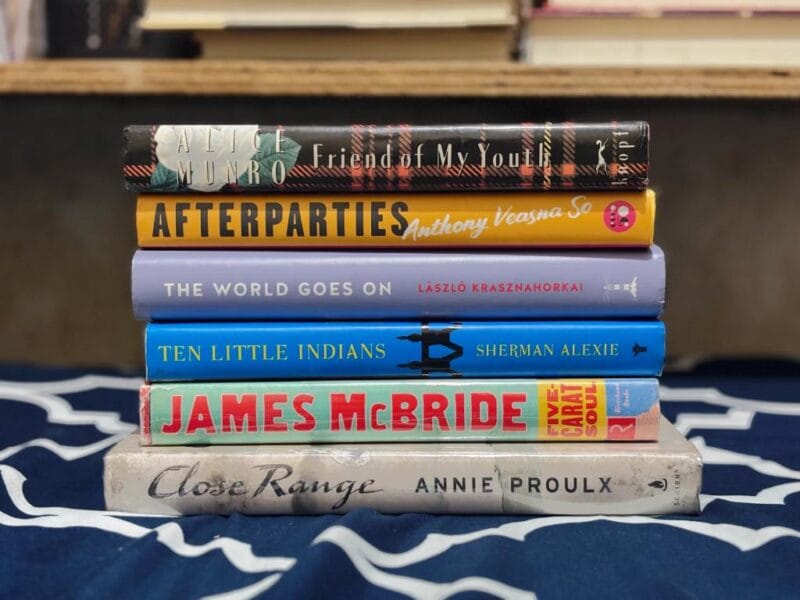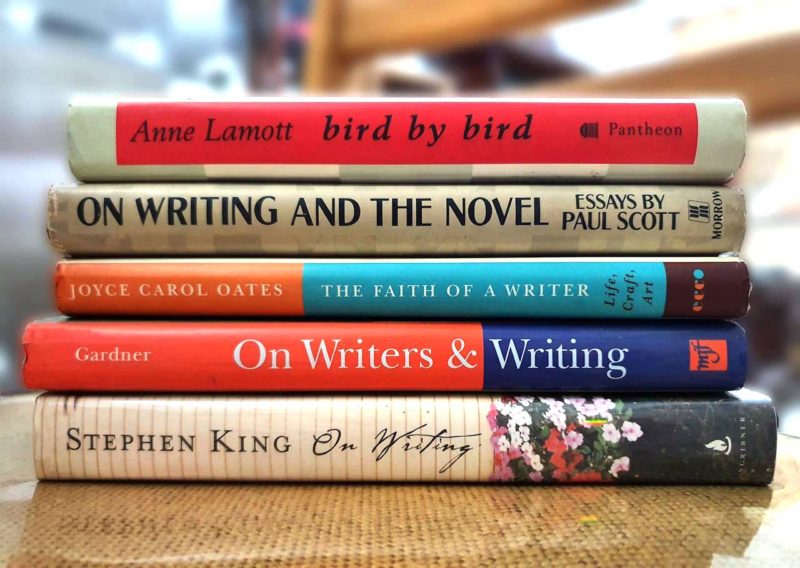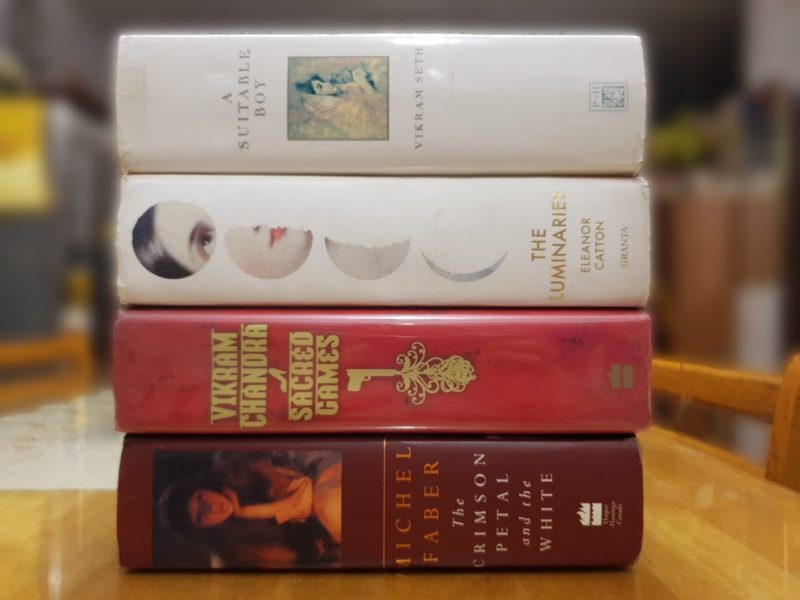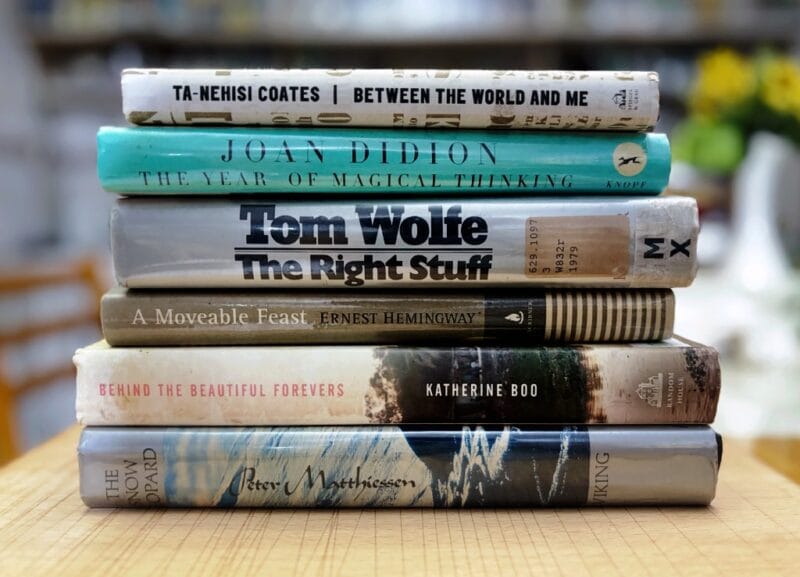Oryx and Crake (2003) by Margaret Atwood
Margaret Atwood’s novel Oryx and Crake depicts a near future that is both familiar and unimaginable, a post-apocalyptic world after some sort of catastrophic event. Snowman, the story’s narrator, embarks on a journey through the lush wilderness that was once the heart of a great city until corporate entities unleashed unchecked genetic engineering.
In this novel, Atwood appears to be saying that being human entails being ethical, culturally aware, and creative. Oryx and Crake foreshadows a future of technological overreach fuelled by soulless capitalism and corporate greed. At the end of the story, we learn that genetic engineering may have gone too far, putting us in a hazardous position where we are vulnerable to disease outbreaks that could wipe out the human race if not timely addressed.
Brave New World (1932) by Aldous Huxley
People who read Aldous Huxley’s novel Brave New World would think about reproductive technology, sleep-learning, psychological manipulation, and classical conditioning. All of these things work together to create a dystopian society where people live in an alternate world that isn’t ruled by fear, but by happiness.
This means that it is possible for totalitarian countries to gain more power by using scientific and technological advances to rule the world. Huxley tells us about the bad effects that expanding and developing a capitalist ideology could have on society. If we think about it, this future New World has a lot in common with our current societies today.
A Clockwork Orange (1962) by Anthony Burgess
Anthony Burgess’s dystopian satirical novel A Clockwork Orange takes place in a near-future nation with a violent teenage subculture. This book mocks extreme political systems based on varying beliefs about how good or bad humans can be.
The book is set in a dark dystopian England and tells the story of Alex, a juvenile delinquent who is being psychologically rehabilitated by the government as a result of his bad behavior. There appears to be a recurring theme throughout the novel that freedom of choice (whether good or evil) is important because people, unlike robots and machines, have the ability to make their own moral decisions.
The Road (2006) by Cormac McCarthy
Cormac McCarthy’s novel The Road is a post-apocalyptic story about a father and son’s journey across a landscape devastated by an unknown calamity that has wiped out industrial society and nearly all life. In the face of impending doomsday, the father and son must work together to survive. Among the survivors, murderers and cannibals predominate.
Throughout the story, “the boy” and “papa” form an unusual bond. The novel’s key themes include survival, family, and father-son relationships. This theme is evident in many cases. Despite the prevalence of cannibalism and scarcity of resources, the boy and his father’s bond remained strong throughout the apocalyptic future.
The Handmaid’s Tale (1985) by Margaret Atwood
The Handmaid’s Tale, another dystopian novel by Margaret Atwood, is a work of speculative fiction set in a near-future New England in a totalitarian theocracy that has overthrown the US government in response to a fertility crisis. The novel delves into themes such as women’s subjugation in a patriarchal society, the loss of female agency and uniqueness, and the various ways they fight for individuality and independence.
The story is set in the Republic of Gilead, an oppressive, patriarchal, totalitarian theonomic state in which a woman named Offred—the book’s protagonist and narrator—is one of the “handmaids,” forced to bear children for the Gilead’s ruling class of males.
Further Reading
Why Do We Like Dystopian Novels? by Dave Astor, HuffPost
I’ve been reading more dystopian fiction than ever during the corona crisis. Here’s why by Caroline Zielinski, The Guardian
The Real Reason Dystopian Fiction Is Roaring Back by Charley Locke, Wired Magazine
The 30 Best Dystopian Novels Everyone Should Read by Reedsy.com





